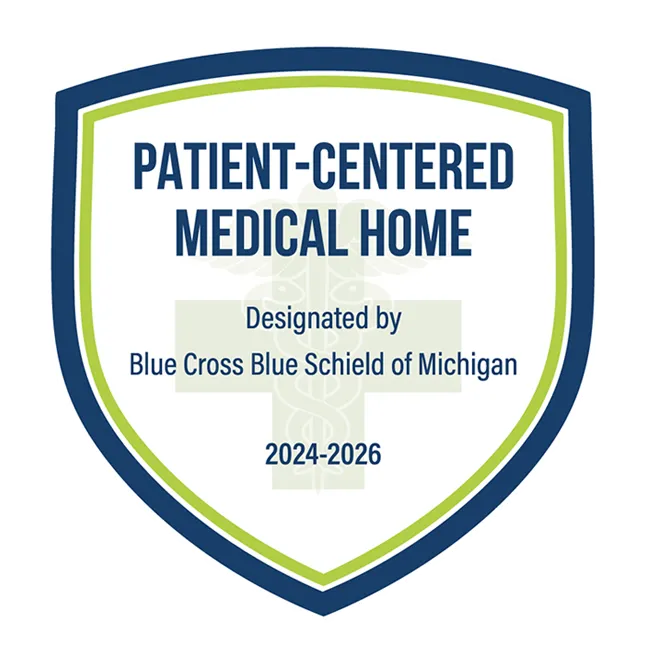


Acute bronchitis typically heals on its own. However, frequently occurring acute bronchitis episodes may cause complications like pneumonia if it worsens. Therefore, you need to treat bronchitis properly and get the necessary medical help to prevent any severe or fatal conditions. This article discusses the difference between bronchitis and pneumonia and when does bronchitis turn into pneumonia
Bronchitis is a respiratory infection affecting the large airways called bronchi. These are the tubes that air passes through in the lungs but do not perform gas exchange. That’s why bronchitis typically doesn’t cause oxygen problems and is less severe. Pneumonia is an infection of the lower airways called bronchioles and is more serious. Classifying the type of pneumonia present is important as it will change the medical treatment. Pneumonia is designated into two categories:
Previously, healthcare associated pneumonia was a classification that existed, typically seen in individuals who have been hospitalized recently, are undergoing dialysis or medical infusion therapy, recent failed antibiotic course, or another specific healthcare related diagnosis. This designation helps the clinician understand if alternative treatment choices are needed.
Also read: Is There a Link Between Obesity and Cardiovascular Disease?
It's vital to identify the differences between bronchitis and pneumonia symptoms. That’s because pneumonia is a far more serious condition that can be fatal. Bronchitis usually occurs after a cold and can cause the following symptoms:
Chronic bronchitis typically needs several weeks to heal. Acute bronchitis lasts for a shorter time than chronic bronchitis, i.e., about 10-14 days, but the symptoms are more intense. Some acute symptoms might linger longer. Rapid breathing and confused thinking might be more severe and last longer in senior adults. Older adults are also more at risk of bronchitis turning into pneumonia. Since several symptoms of bronchitis and pneumonia are similar, it can be difficult to tell when one has evolved into the other. However, remember that pneumonia has more severe symptoms. Several signs of severe pneumonia aren't present in bronchitis. You need to get immediate medical help if you develop any of the symptoms listed below:
Bronchitis is typically caused by a virus, the same one that frequently causes the common cold. It can also be triggered by bacteria, but never by mycoplasma species or fungus. Pneumonia can be caused by bacteria, viruses, or fungi. This includes:
Typically, doctors recommend the following treatment methods for bronchitis:
Also read: Contagious Upper Respiratory Tract Infections: Causes and Symptoms
Bronchitis will turn into pneumonia if the infection passes from the airways to the air sacs of the lungs. Babies, older individuals, and people with a weaker immune system or an underlying health condition are the most vulnerable. Early treatment of bronchitis can help prevent it from progressing to pneumonia. Are you facing any symptoms of bronchitis or pneumonia? Or do you want to consult a healthcare provider regarding your health and your risk of developing pneumonia or bronchitis? If yes, then request an appointment at MI Express Primary Care in Ann Arbor & Canton, MI now! We can efficiently diagnose bronchitis and develop a treatment solution to alleviate the infection and prevent it from aggravating.




